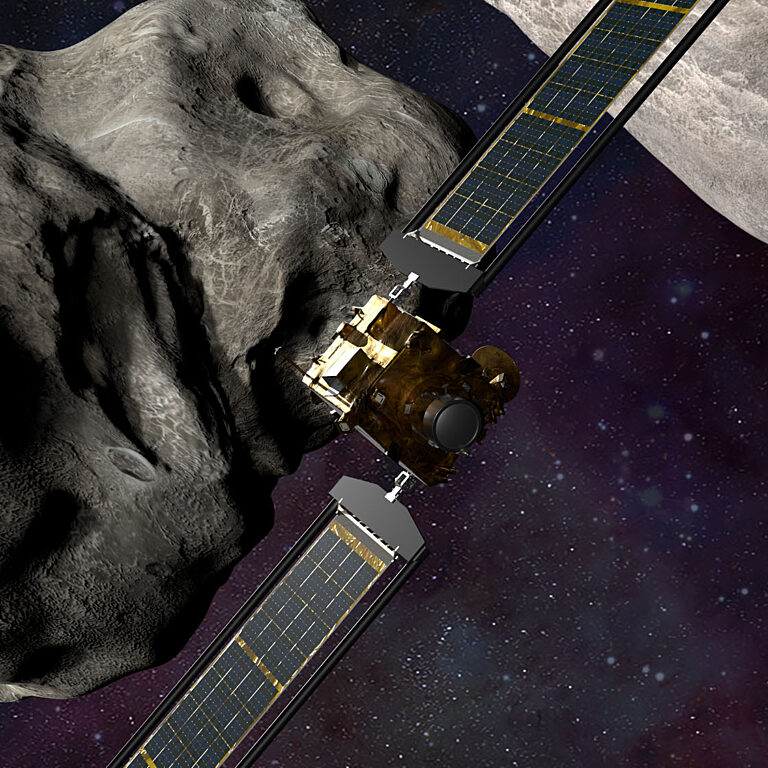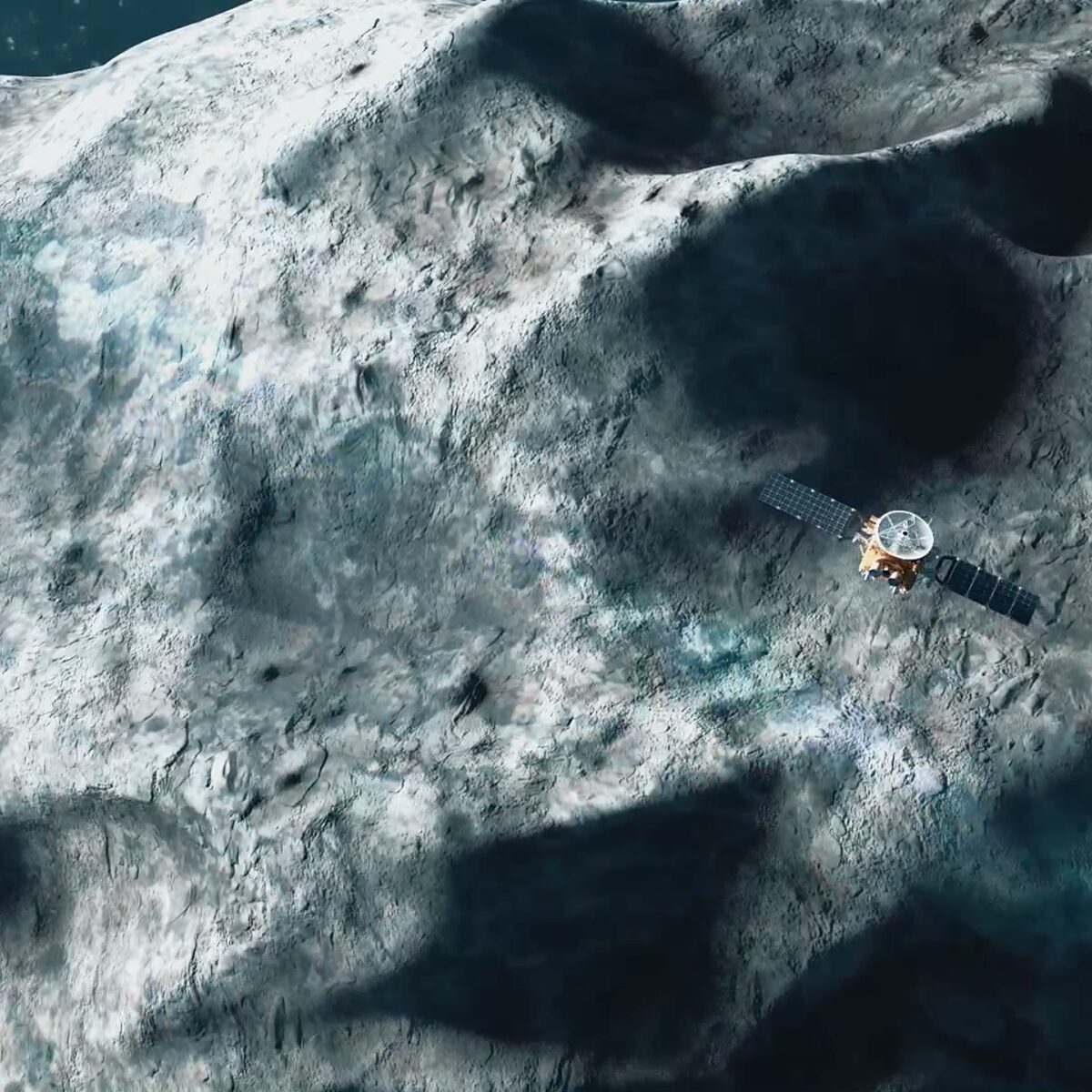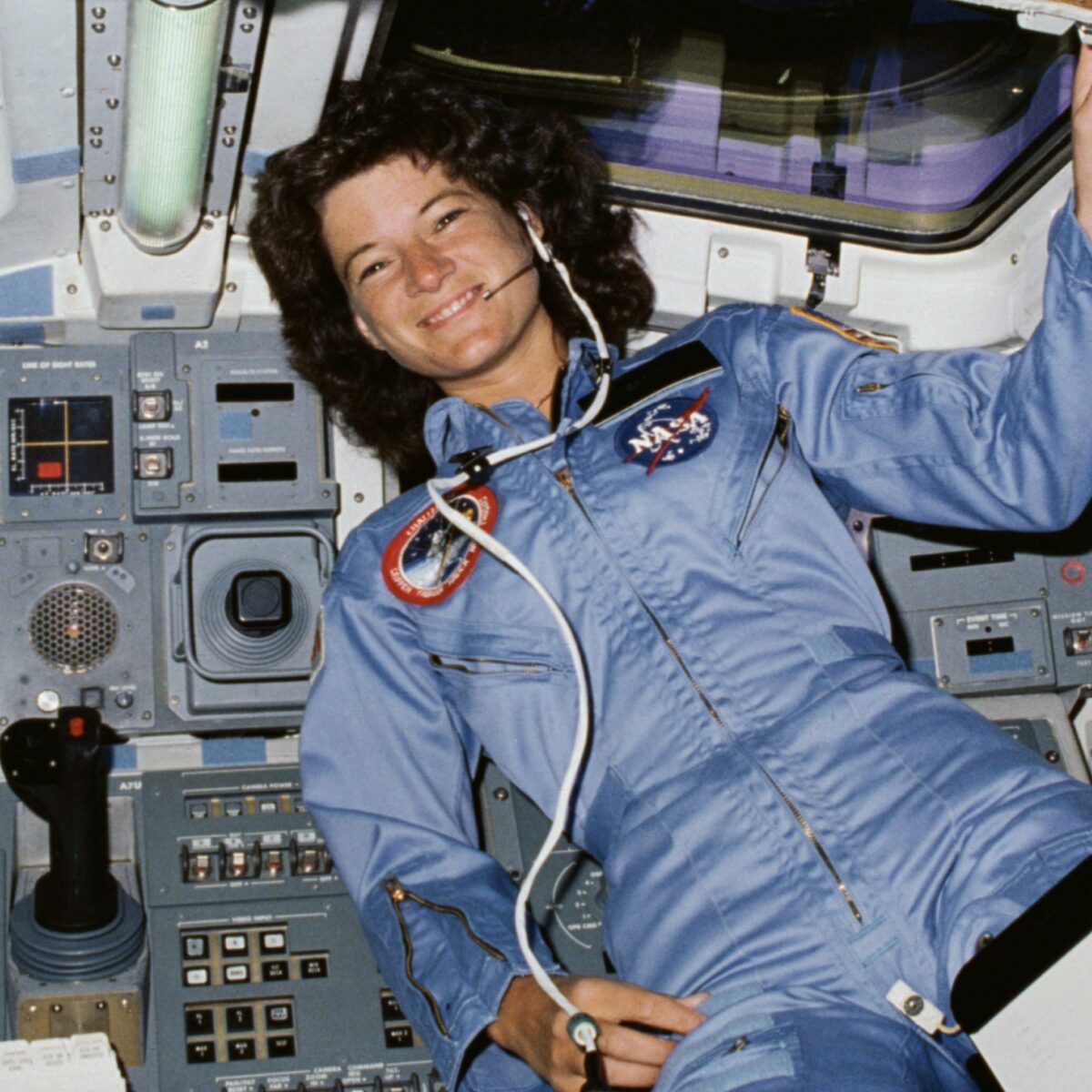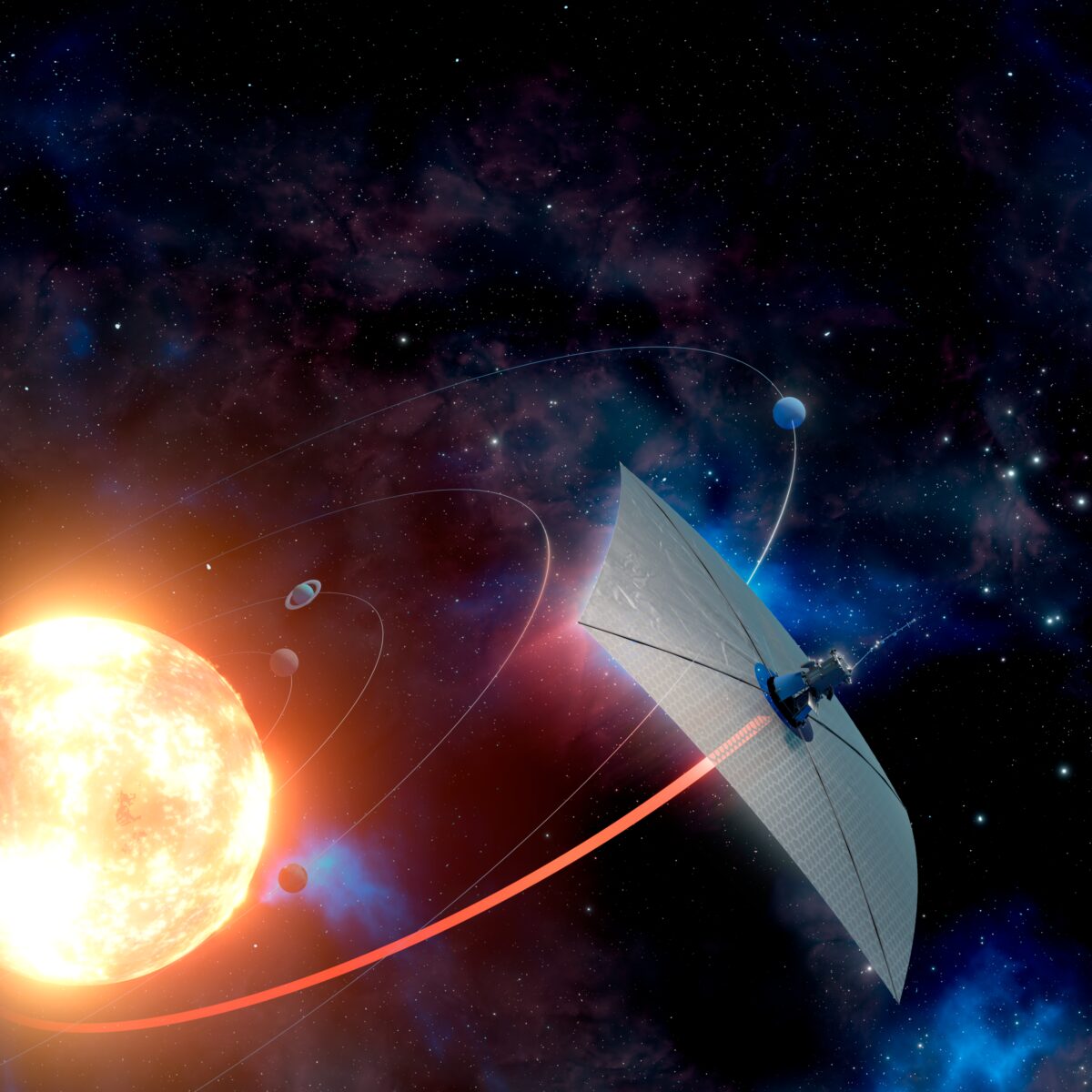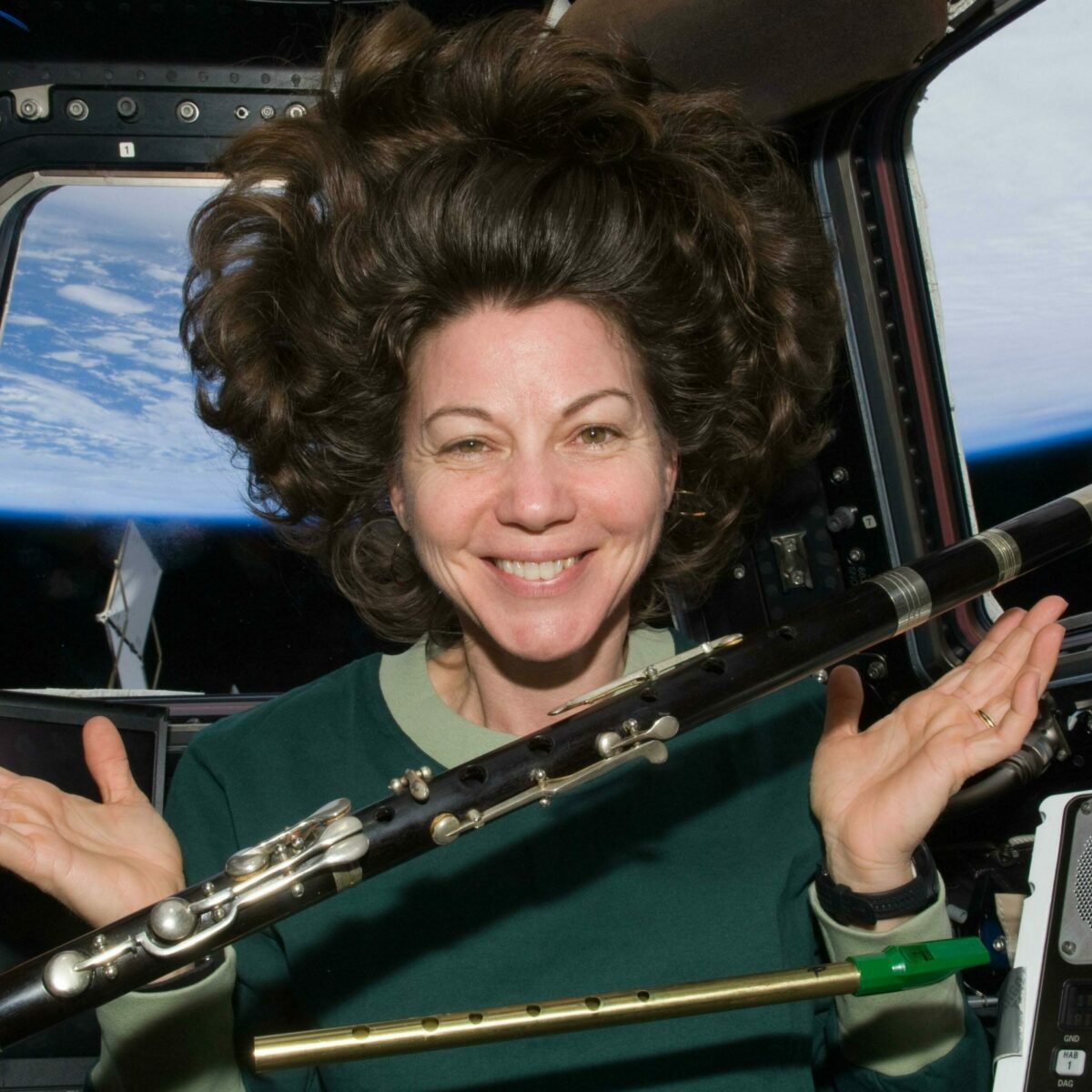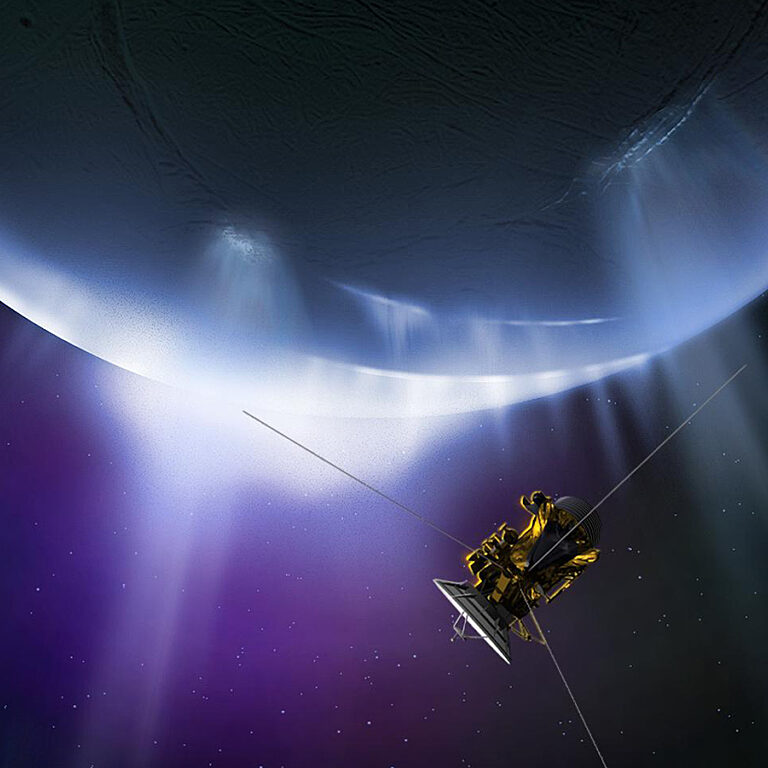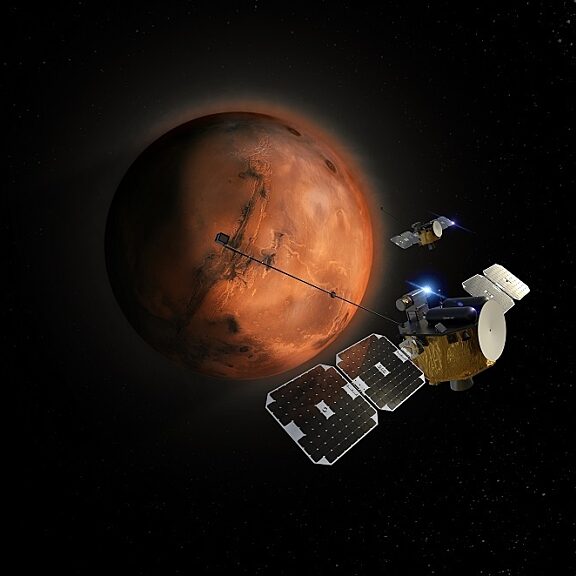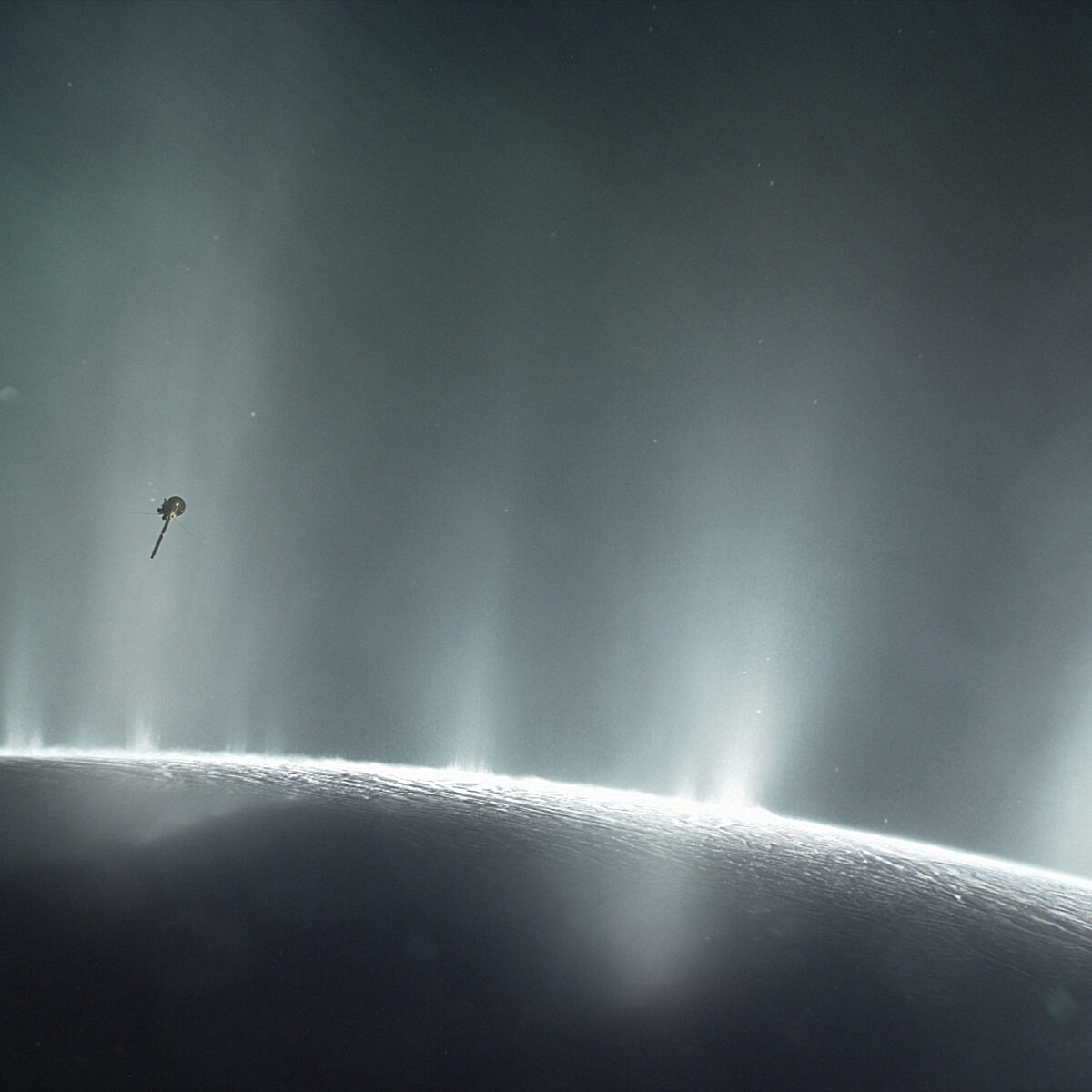Since 2002, Planetary Radio has visited with a scientist, engineer, project manager, advocate, or writer who provides a unique perspective on the quest for knowledge about our Solar System and beyond. The full show archive is available for free.
Search Planetary Radio
NASA’s Jim Green and Mary Voytek want the science community to develop tools that will help us evaluate potential evidence of life beyond Earth.
Into the Anthropocosmos is MIT Space Exploration Initiative director Ariel Ekblaw’s collection of innovations that will improve life in space and on Earth.
The DART mission begins its journey that will end when it smashes into an asteroid, demonstrating how we might save Earth from a devastating impact.
Spacecraft need a navigation and communication infrastructure to carry out their missions. Learn how NASA does it and what’s in store for the future.
The head of NASA’s planetary defense program discusses how the DART mission represents a new era for defending our planet from dangerous asteroids.
The head of the United Arab Emirates space agency announces a new mission to explore seven asteroids.
A first-ever encore of our wonderful conversation with the first American woman in space.
Here’s our sampling of the leading edge research presented by NIAC Fellows at NASA’s 2021 virtual gathering.
Principal investigator Hal Levison and colleagues prepare us for the launch of NASA’s Lucy spacecraft in an exclusive interview.
The ion engine-powered Dawn spacecraft will orbit Ceres for many years. Could it have touched down on the surface of the dwarf planet?
Brendan Curry, The Planetary Society’s chief of Washington operations, helps us untangle the fast-changing and complex machinations underway in the US capitol. What does it mean for NASA?
Highlights of the annual gathering of leaders and experts who are building toward humans walking on the Red Planet.
Director Clare Lewins and NASA astronaut Cady Coleman discuss the new documentary "The Wonderful: Stories from the Space Station."
Flying a spacecraft through geysers spewing from Saturn’s moon Enceladus might reveal the building blocks of life or even life itself.
Can NASA send robotic explorers to Mars for a tiny fraction of what most missions cost?
Space outreach expert and social scientist Linda Billings talks with host Casey Dreier about the language space advocates use to share their message.
New research indicates that what appeared to be liquid water hiding under Mars’ polar ice may actually be a form of clay.
Mission system manager Al Cangahuala says the robotic explorer of Jupiter’s ocean moon is making steady progress toward a 2024 launch.
Cassini mission project scientist Linda Spilker returns with new science from ocean moon Enceladus and anniversaries to celebrate with the Voyager mission.
The Perseverance rover’s chief robotics engineer takes us for a spin across Mars.


 Explore Worlds
Explore Worlds Find Life
Find Life Defend Earth
Defend Earth






